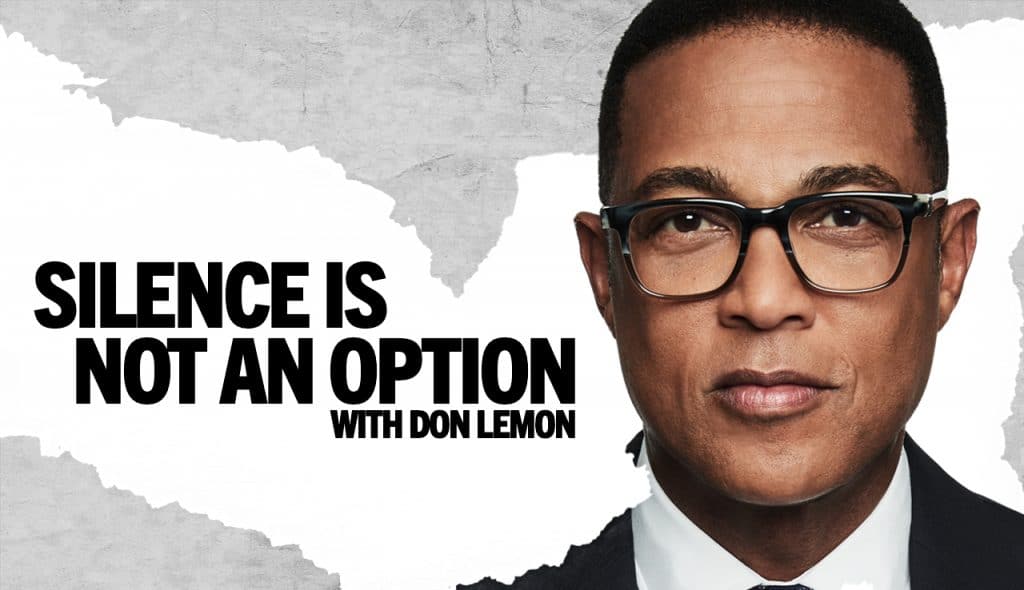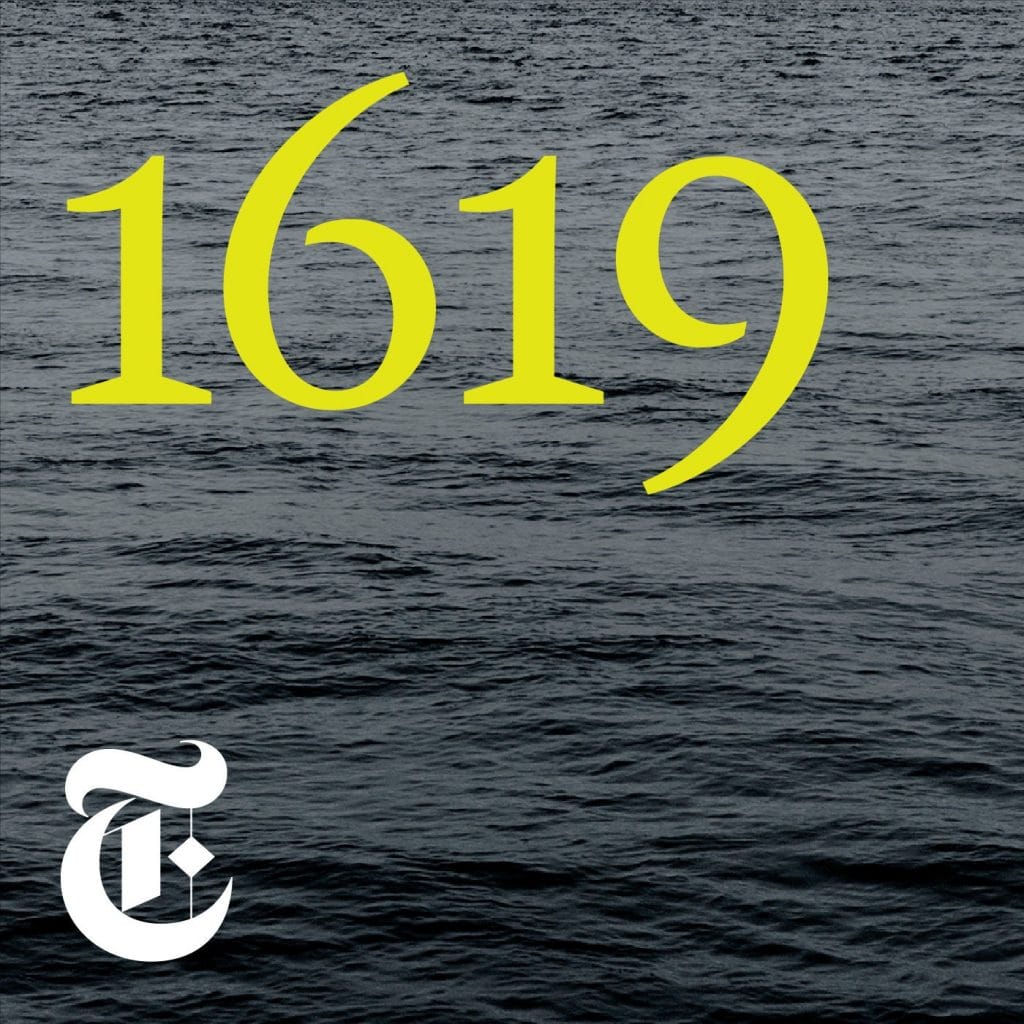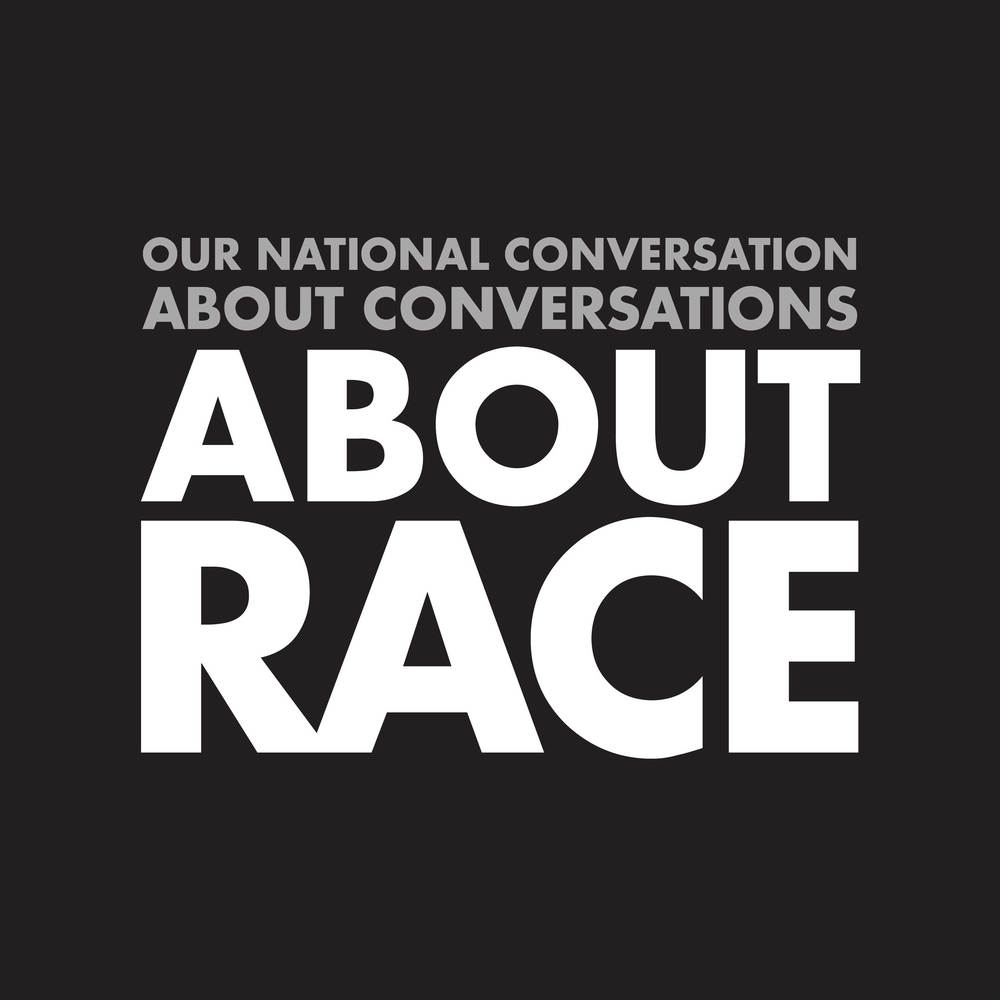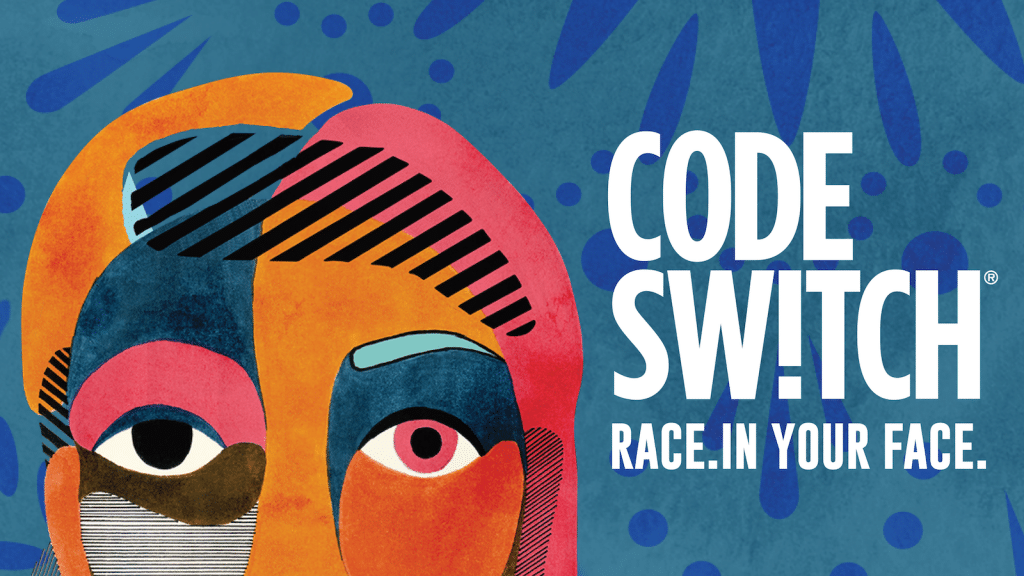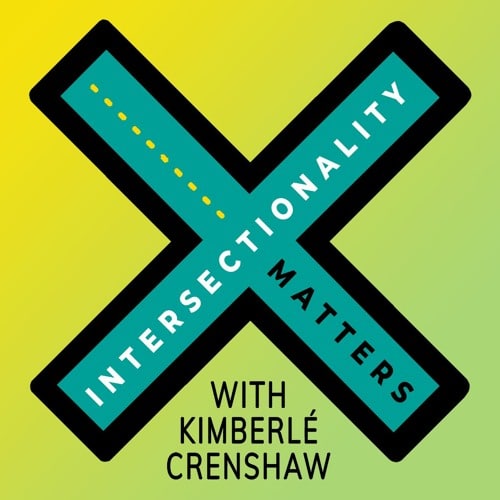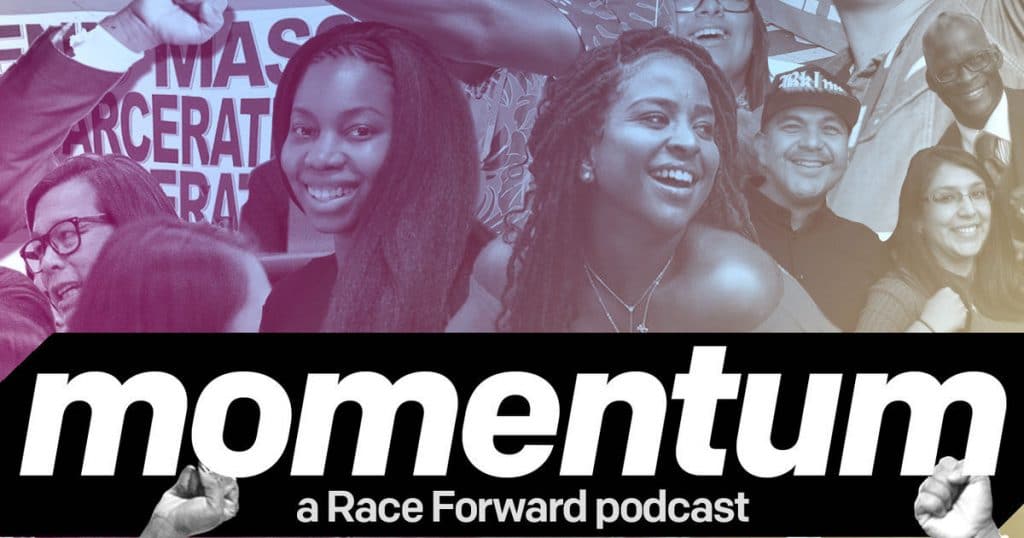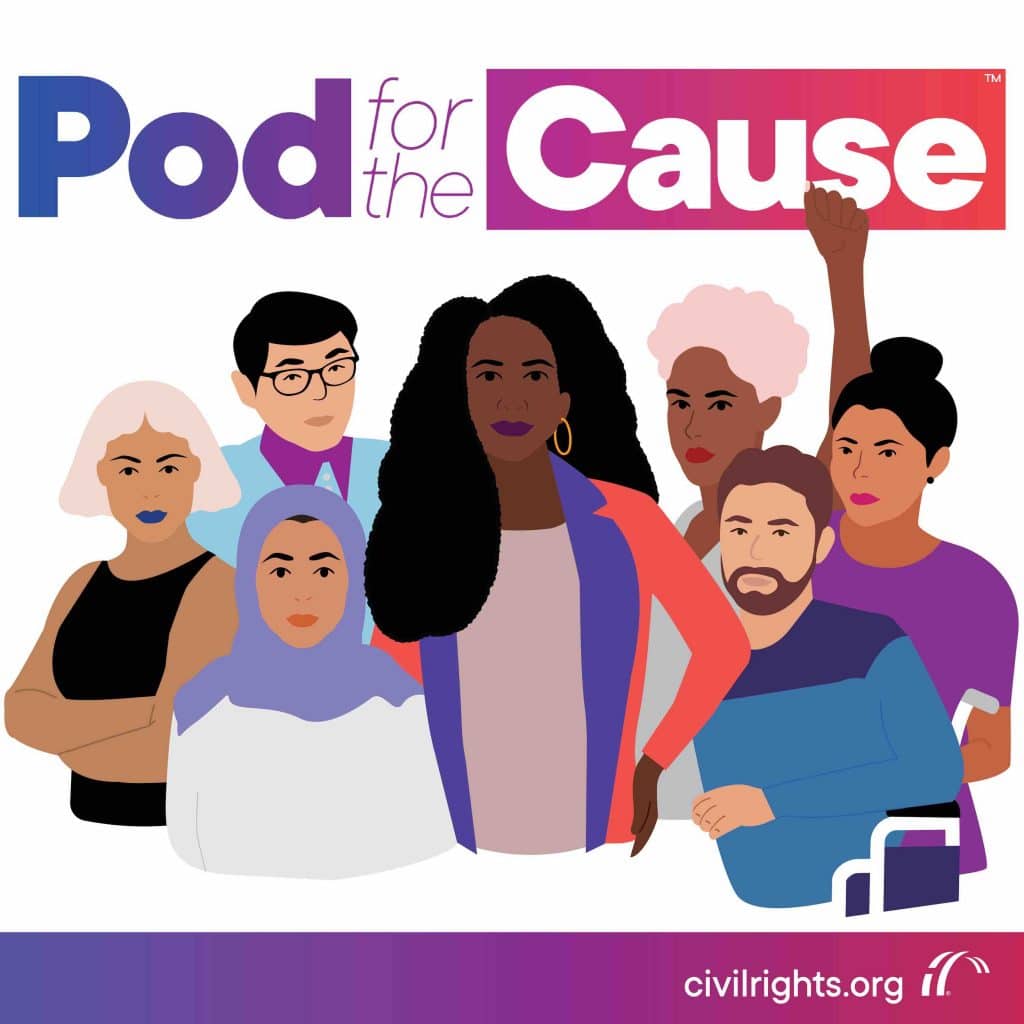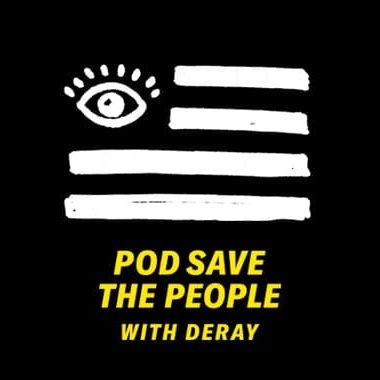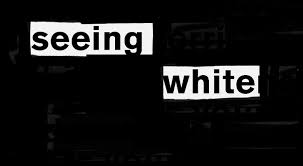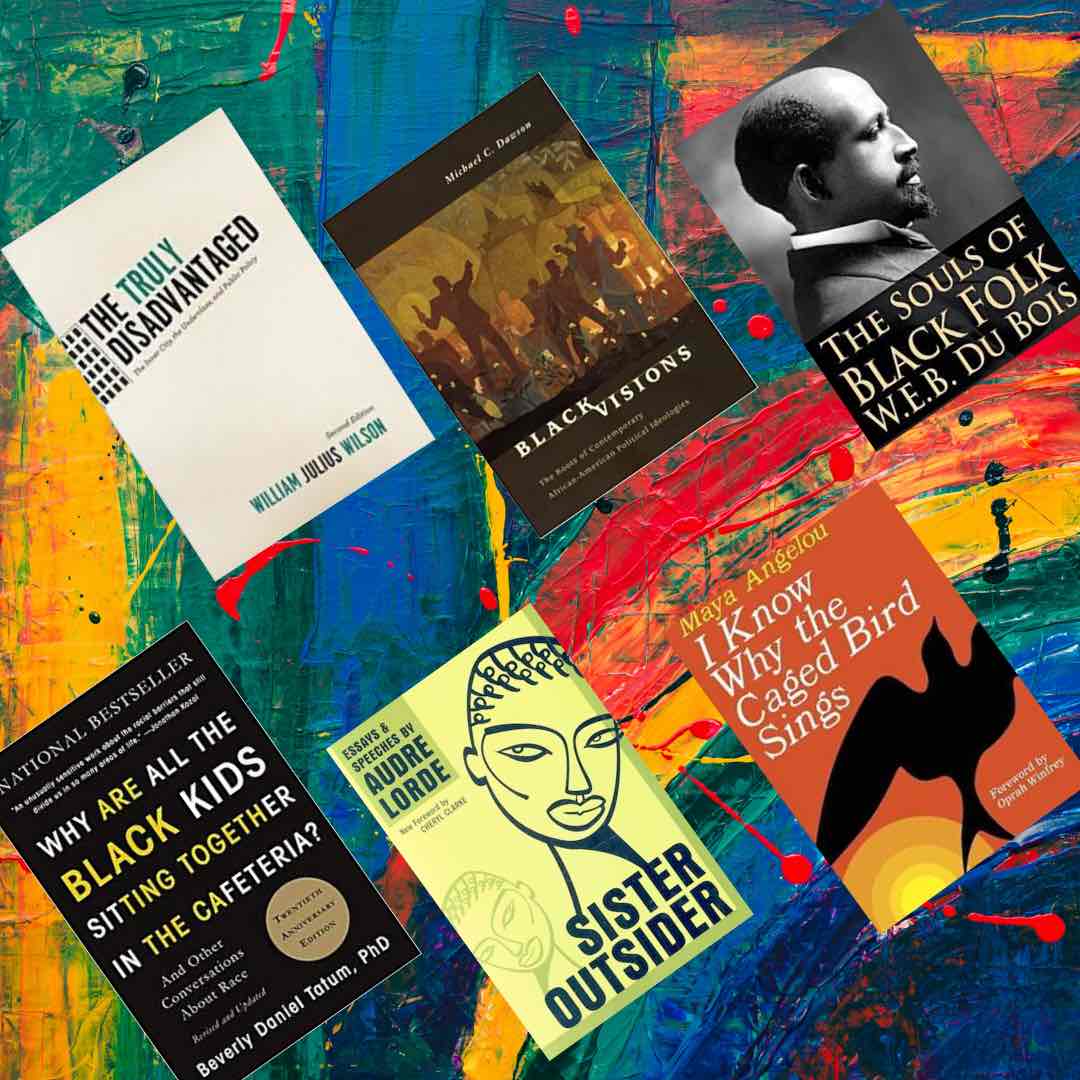
22 Jun A List of Books About Racism, Films, and Other Anti Racism Resources
This article was created as a basic guide for anyone interested in educating themselves on Black history in the United States, and how to work on becoming actively anti-racist with films and books about racism. These resources span two centuries, and are anything from historical accounts to ground the reader in what was so often forgotten about in American History class, to more modern works on how racism can exist as trauma in the body. Understanding white privilege by both black and white authors are present, as well as articles and speeches written by some of the most inspiring leaders of the 20th century. Novels and memoirs are also included.
These works cover a wide range of topics—from how racism affects society’s psyche, a little girl’s journey to self-love, or a family’s access to food and proper housing. While there are definitely many books, films, and podcasts, I missed, I believe this is a decent starting point.
What to Read - Books About Racism
Books on race relations in America
The Racial Contract by Charles Mills
If you want to understand race relations in America, The Racial Contract is a great place to start. Jamaican philosopher Charles Mills, demonstrates that what we know of as “the social contract” is actually more of a racial one. That the political theories of Rousseau, Hobbes, Locke, and Kant, relate only to whites. The essay discusses the hole in contemporary political philosophy, because white philosophers don’t see their privilege, they don’t recognize their whiteness as a political system, which makes their moral philosophies, beliefs, and political theories ill equipped for all.
Black Visions: Roots of Contemporary African American Ideology by Michael Dawson
This is likely one of the most comprehensive accounts of the relationship between black political thought and black political behavior. The essays cover a wide range of topics and include writings from Frederick Douglass to Ice Cube.
Why Are All the Black Kids Sitting Together in the Cafeteria? And Other Conversations About Race by Beverly Daniel Tatum
This work is practically required for understanding race in America. The title is our stepping stone into the question of whether or not self-segregation is a way to cope or a problem that needs addressing. Tatum’s work highlights the urgency of widespread and straight-to-the-point conversation about race across ethnic divides.
The Truly Disadvantaged: The Inner City, the Underclass, and Public Policy by William Julius Wilson
Renowned sociologist, William Julius Wilson, offers solutions for policy makers with a full examination of inner city poverty looking at employment, race, and education from the 50s to the present. The second edition includes a new afterword that keeps the original up to date. Any person trying to understand race and poverty in America should begin with this book.
Modern Black Nationalism: From Marcus Garvey to Louis Farrakhan by William L. Van Deburg
One the most robust collections of speeches, essays, articles, and pamphlets on early black nationalism, including black power politics, black art, and the influence of the Black Panther Party, covering works from Marcus Garvey’s time to more recently, the leader of the Nation of Islam, Louis Farrakhan.
The New Jim Crow: Mass Incarceration in the Age of Colorblindness by Michelle Alexander
The New Jim Crow confronts the idea that the election of Barack Obama actually marks a new age of colorblindness. Alexander says “we have not ended racial caste in America; we have merely redesigned it.” She goes into how our criminal justice system functions as a way to control black communities in America. This book has been revered by the NAACP as a “call to action.”
Race Matters by Cornel West
This book encompasses many essays that capture crises in the black community from leadership to black-jewish relationships to spirituality. West helps us to understand how we can build a new democracy through a moral and spiritual awakening.
Just Mercy by Bryan Stevenson
New York Times Best Seller, Just Mercy, is by infamous lawyer, Bryan Stevenson, who founded the Equal Justice Initiative – a nonprofit law office in Montgomery, Alabama. Its purpose is to defend those individuals incarcerated, those wrongly convicted, as well as lower income individuals. Just Mercy tells the true story of the firm in its early days, what they were up against trying to challenge the sentencing of children in a city with the highest execution and death sentencing rates in the country. It tells the true story of their successful campaign and has since been turned into a feature film.
Women, Race & Class by Angela Davis
A staple on the syllabus. If you want to explore intersectionality at its core, and understand deeply the racism and classism of the women’s liberation movement, start here. Angela Davis takes us from the early abolitionist days to the more modern feminist movements.
Black Feminist Thought by Patricia Hill Collins
You can read the entire work at the link above, for free. This work is one of the foundational resources to understanding black feminism, race and gender relations in America through the most essential black female thinkers like bell hooks, (bell hooks is purposely lower case), Audre Lorde, Angela Davis, and Alice Walker.
Intersectionality as Critical Social Theory by Patricia Hill Collins
This book provides strategies to develop intersectionality as a way to theorize social inequality to bring about societal change. By inserting intersectionality into the conversation alongside more common forms of thought, like black feminist thought and the Frankfurt school, she shines a light on intersectionality as a capable means to change the world.
Sister Outsider by Audre Lorde
This is a collection of essays that has to be one of my favorites on the list. That’s probably because it includes the essay “Poetry is Not a Luxury,” listed below, and one of my very favorite pieces of writing of all time. That being said, the work in its entirety is nothing short of brilliant mastery of lyrical prose and thoughtful analysis of sexism, homophobia, racism, ageism and classism.
Ain’t I Woman: Black Women and Feminism by bell hooks
This book analyzes the intricate relationships between various forms of oppression through the lens of feminist history and theory. This work explores how sexism affected black women during slavery, racism within the women’s movement, black male sexism, and the overall devaluation of black womanhood. If you want to truly learn about racism, gathering an entire picture of how the intersectionality of sex and gender and class works, it is a must read.
Invisible No More: Police Violence Against Black Women and Women of
Color by Andrea J. Ritchie
With a focus on contemporary cases of police brutality on women of color, including Sandra Bland, Monica Jones, Mya Hall, and many more, this book places their experience against the backdrop of police violence and mass incarceration. It uncovers the need to redesign safety and daily practice to achieve the level necessary in today’s America.
Eloquent Rage: A Black Feminist Discovers Her Superpower by Dr. Brittney Cooper
Cooper takes the “angry black woman” stereotype and turns it on its head in this honest but thoughtful work on how feminism and faith in one’s own superpowers can strengthen black women in America.
So You Want to Talk About Race by Ijeoma Oluo
Oluo takes us through ideas from “model minorities” to how to tell your friends their jokes are racist. This book navigates the readers through difficult but necessary conversations about race.
Raising Our Hands by Jenna Arnold
Jenna Arnold is a white woman who was one of the organizer’s of the Women’s March. This book is a kind of call to action for white women everywhere to stop avoiding conflict and start having uncomfortable conversations. The book outlines the responsibility of white people in the realm of social justice work.
Boundaries of Blackness: AIDS and the Breakdown of Black Politics by Cathy Cohen
While I can’t say the truths of this book are enjoyable to read, I found this work to be one of the most critical of all. The Boundaries of Blackness fully examines the impact of AIDS on the African American community. It explores the social, cultural and political impact of the virus through interviews with various public officials, religious leaders, and activists, as well as those with the virus. The author examines how AIDS actually divided the black community rather than uniting it. It’s a topic that I think often gets overlooked, especially today, but is a necessary one if we want a more fully aware America.
The Souls of Black Folk by W.E.B. Du Bois
Recent books on anti-racism are great for their currentness, their awareness of the times, and their ability to help apply practical ways to effect change. But to truly learn about the depths of racism without experiencing it yourself, also means to learn about the history of racism and the people who helped shape that history. W.E.B Du Bois was a sociologist, civil rights activist, and author in the late 19th, early 20th century. He was also adamantly opposed to another prominent Black leader, Booker T. Washington.
Du Bois opposed the Atlanta Compromise, an agreement crafted by Booker T. Washington, that said Southern black people would work and submit to white rule in order to receive basic economic opportunities. The Souls of Black Folk is Du Bois brilliant collection of essays that rebuke that compromise. Du Bois played a major role in developing a strategy that dominated most of the black protests in 20th century America. In this book, he so eloquently states that it is beneath any human to beg and compromise for rights that inherently belong to them as human beings. He stood up to Booker T. Washington, who at the time was the most prominent black leader in America, stating Washington was actually perpetuating black oppression.
Waking Up White by Debby Irving
Debby Irving unpacks her beliefs about being a good person with good intentions, color blindness, and how these beliefs perpetuated her misunderstanding of race. She discusses her shift in how she talks about racism. There are exercises that close each chapter, prompting readers to recognize their own biases and racialized ideas.
White Fragility: Why It’s So Hard for White People to Talk About Racism by Robin DiAngelo
I’m so grateful this book exists because it discusses one of the largest barriers to an anti-racist society that is often so overlooked, (mainly by white people) and that is, white fragility. This way of being that is marked by guilt, defensiveness, anger and fear—including argumentative tendencies to restrict the definition of racism to poor intentioned people or bad people, that does nearly as much harm as violence or silence in the fight against racism. DiAngelo discusses how white fragility protects racial inequality and what we can do to engage more effectively.
Raising White Kids: Bringing Up Children In A Racially Unjust America by Jennifer Harvey
This book is for white people committed to justice in a way that transcends their own generation. How will you talk about race honestly with your children? How do you do it without them becoming bogged down by guilt or shame, so they can actually become active anti-racists rather than “not racist.”
Biased by Dr. Jennifer Eberhardt
This is an uplifting book because it is as practical as it is informative—we can be vulnerable to racial bias as it affects all levels of our society, but Eberhardt reminds us, we do not need to be controlled by it. Dr. Jennifer Eberhardt exposes inequities and biases that exist in our workplaces, schools, and systems, and through both scientific and personal experience, she provides tools to address them.
Uprooting Racism: How White People Can Work for Racial Justice by Paul Kivel
Uprooting Racism provides practical tools for how white people can work as allies for racial justice. It lays a solid foundation for understanding institutional racism, and the newer version offers engaging exercises and suggestions for taking action in your own life. It examines immigration, health care, affirmative action, and also discusses racial inequities that Muslims, Latinos, Jews, Asian Americans, and new immigrants face.
The Warmth of Other Suns: The Epic Story of America’s Great Migration by Isabel Wilkerson
In this Pulitzer Prize–winning book, author Isabel Wilkerson chronicles one of the greatest untold stories in American history. A migration lasting from 1915-1970—this migration of black citizens fled the South for northern and western cities, in search of a better life. With incredible historical detail, the story follows the lives of three individuals—Ida Mae Gladney who left sharecropping and discrimination in Mississippi for Chicago; George Starling who left Florida for Harlem in 1945 risking his job fighting for civil rights, and Robert Foster who fled Lousiana in 1953 to pursue a medical career, becoming the persona physician to Ray Charles. The accuracy in detail and the richness of each story creates an epic whole that will likely become a classic. While nonfiction, it feels like a great novel of the past.
A Spectacular Secret: Lynching in American Life and Literature by Jacqueline Goldsby
Jacqueline Goldsby provides a detailed history of lynching and the public punishment of African Americans, revealing it wasn’t some peculiarity of the South. But in fact, it was a visible form of social violence that was the foundation of our national consciousness helping form America’s psyche.
Wilmington’s Lie: The Murderous Coup of 1898 and the Rise of White Supremacy by David Zucchino
David Zucchino uses diaries, letters, and newspaper stories that drive the narrative that weaves together individual stories of hate and fear in Wilmington, North Carolina. This tells the story of a largely forgotten event in American history.
Race for Profit: How Banks and the Real Estate Industry Undermined Black Homeownership by Keeanga-Yamahtta Taylor
Race for Profit reveals the exploitative nature of real estate practices long after housing discrimination was banned. After redlining was over, racist tendencies/structures and people remained and new policies meant new methods to exploit Black homeowners. It’s informative and infuriating book that helps break down systemic racism in the banking and real estate industries.
Race Against Time: A Reporter Reopens The Unsolved Murder Cases of the Civil Rights Era by Jerry Mitchell
On June 21, 1964, more than twenty Klansmen murdered three civil rights workers. These killings would become known as the “Mississippi Burning” case. Even though the killers were known, identities, no one was charged with murder in the months and years that followed. It took forty-one years before the mastermind was convicted. Investigative reporter Jerry Mitchell played a role in bringing the killers to justice.
They Were Her Property: White Women as Slave Owners in the American South by Stephanie E. Jones-Rogers
This is a must read to gaining a full picture of slavery in the United States and the relationship between women and slaves. White women used techniques that were as effective and brutal as those used by slave‑owning men. They actively participated in the slave market, and profited from it, many even used it for social empowerment.
Me and White Supremacy by Layla F. Saad
Me and White Supremacy challenges the reader to shine a light on their biases, and help white people dismantle their privilege to stop hurting people of color unconsciously. Also a viral Instagram challenge, this book takes the reader on a 28-day mission to complete journal prompts and take other action that can lead to improving race relations in America.
When Affirmative Action Was White: An Untold History of Racial Inequality in Twentieth-Century America by Ira Katznelson
This book takes a microscope to the programs in the New Deal and Fair Deal era of the 1930s and 40s, highlighting how discriminatory they actually were. During legal segregation in the U.S., when the southern Democratic Party created Social Security, the GI Bill, and other labor laws, the author describes how the exclusion of maids and farmworkers, actually widened the gap between whites and blacks despite postwar prosperity.
The Fire Next Time by James Baldwin
The Fire Next Time is a 1963 non-fiction book by James Baldwin. It contains two essays or letters entitled, “My Dungeon Shook — Letter to my Nephew on the One Hundredth Anniversary of the Emancipation” and “Down at the Cross — Letter from a Region of My Mind.” The New York Times Book Review described it as “sermon, ultimatum, confession, deposition, testament, and chronicle…all presented in searing, brilliant prose.”
My Grandmother’s Hands: Racialized Trauma and the Pathway to Mending Our Hearts and Bodies by Resmaa Menakem
This is truly a unique and so needed anti-racism resource as it addresses racism as trauma. Therapist Resmaa Menakem examines the damage caused by racism in America from the perspective of trauma and body-centered psychology.
Whistling Vivaldi: How Stereotypes Affect Us and What We Can Do by Claude M. Steele
Claude M. Steel is a social psychologist who brings us into his research and findings on stereotypes and practical ways to help break our ill-conceived ideas.
The Little Book of Race and Restorative Justice by Fania Davis
A handbook for how restorative justice and racial justice can transform the Black experience in America.
Diversity, Inc.: The Failed Promise of a Billion-Dollar Business by Pamela Newkirk
An exploration into the latest buzzword, “diversity.” Why elite institutions from corporate offices to academia—are throwing their effort to ensure their company represents the racial makeup of the country, throwing even more money into studies and diversity consultants. This book explores why that’s not working, and what to consider instead.
Black Food Geographies by Ashanté M. Reese
A fascinating look at the inequalities experienced by black communities for the most basic of necessities.
The Color of Law: A Forgotten History of How Our Government Segregated America by Richard Rothstein
Rothstein describes how the American government systemically imposed residential segregation with a variety of covert tactics. Racial zoning, and subsidies for builders to create whites-only suburbs, tax exemptions for institutions that enforced segregation, and much more, The Color of Law is a must read for anyone wanting to understand how racism is woven into our systems.
The Strange Career of Jim Crow by C. Vann Woodward
In 1955, a year after Brown vs Board of Education, Strange Career was published. Strange Career was cited so often as a counter argument for segregation that Martin Luther King, Jr. called it “the historical Bible of the civil rights movement.” The book offers a clear evidence of the history of Jim Crow laws that segregation in the South dated only to the 1890s. Woodward convincingly shows that, even under slavery, the two races had not been divided as they were under the Jim Crow laws.
Where Do We Go from Here: Chaos or Community? by Martin Luther King, Jr.
This book was written by Martin Luthin King Jr. He lays out his plans, ideas, and hopes for a better America, including quality education, jobs, housing, and much more.
The Emperor Has No Clothes: Teaching About Race and Racism to People Who Don’t Want to Know (Educational Leadership for Social Justice) by Tema Jon Okum
This book is especially helpful for educators, teachers, and researchers committed to social justice. It offers theoretical and practical approaches for teachers and other leaders, in addressing oppressive constructs and addressing racism.
Memoirs and Autobiographies
How to Be An Antiracist by Ibram X. Kendi
This memoir is both a practical and essential resource if we want to become actively anti-racist. Kendi takes us past awareness of racism in America to the practicality of forming a just society.
I Know Why the Caged Bird Sings by Maya Angelou
Maya Angelou’s debut work, her memoir, is, of course, a classic. Examining the brutality of bigotry and the pain of familial abandonment, Maya learns self love is the key to freedom.
I’m Still Here: Black Dignity in a World Made for Whiteness by
Austin Channing Brown
Austin Channing Brown writes of her first encounter with a racist America. When she was a child, she discovered her parents named her Austin to trick employers into thinking she was actually a white man. She writes with incredible detail about her trials and tribulations and journey to self-worth.
Heavy: An American Memoir by Kiese Laymon
Laymon takes us through his life – experiences with sexual violence to his time as a young college professor. He explores the complicated relationship between him and his mother and the need to reveal lies and secrets his family spent years trying to avoid.
The memoir reveals the consequences of growing up in a world only interested in progress and not interested in taking care of or reckoning with, where we’ve been. See link to this memoir and many other works by Laymon.
Between the World and Me by Ta-Nehisi Coates
Between the World and Me is a letter from the author to his teenage son about being Black in America. It pivots from huge questions about American history to intimate moments between both of them. Toni Morrison labeled this memoir as “required reading.”
Born a Crime: Stories from a South African Childhood by Trevor Noah
A riveting memoir from Trevor Noah and his unlikely path from apartheid to the desk of The Daily Show that started with the criminal act of his birth. Because his father was a white Swiss and his mother, a black Xhosa at a time, his birth was illegal –back then such a union was punishable by five years in prison. Trevor was kept indoors for much of his early years so as not to be taken away by the government. This is the story of a boy who grows struggling to find himself in a world where he was never supposed to exist.
The Autobiography of Malcolm X: As Told to Alex Haley
Originally published in 1964, this is the story told by Malcolm X himself. He tells his life story and the growth of the Black Muslim movement.
Warriors Don’t Cry by Melba Pattillo Beals
Before MLK Jr.’s “I Have a Dream” speech, Melba Pattillo Beals and eight of her friends became iconically linked to the Civil Rights Movement. They worked to dismantle Jim Crow in the South as they de-segregated and integrated Little Rock’s Central High School in the 1954 Brown v Board of Education Supreme Court ruling.
Her unwavering courage through the ridicule and threats she received make her one of the bravest unknown heroes of our time. Warriors Don’t Cry is a story of bravery and possibilities.
White Like Me by Tim Wise
By activist and writer Tim Wise, this book examines white privilege and Wise’s conception of racism in America through a personal account of his experiences with his family and community.
Novels
The Color Purple by Alice Walker
Winner of the Pulitzer Prize and National Book Award, The Color Purple tells the story of oppression, domination, healing and love through the main character’s letters beginning at age 14. It is a fictional but historical novel, that encapsulates the abuse of black women in early 20th century America.
The Underground Railroad by Colson Whitehead
A powerful account of the horrors bondage creates and a measure of a woman’s will to escape.
The Nickel Boys by Colson Whitehead
Based on the real story of the Dozier School, a reform school that damaged the lives of thousands of children for over 100 years in the Jim-crow era, finally had its history exposed by an investigation. Whitehead depicts this piece of American history in a brilliant and heartbreaking story about two young boys attending “The Nickel Academy.”
The Bluest Eye by Toni Morrison
Let’s be clear, all of Toni Morrison’s works are worth the read. This particular novel examines the obsession with beauty and how it is linked to racism, classism, and gender.
Their Eyes Were Watching God by Zora Neale Hurston
Janie Crawford’s quest for identity takes her on a journey of sorrow and love. When the book was first published in 1937, about a proud, independent black woman was mostly dismissed by male reviewers. Their Eyes Were Watching God has become the most read and highly acclaimed novel in the African-American literature canon.
An American Marriage by Tayari Jones
New York Times Bestseller, newlyweds Celestial and Roy are a young black couple embodying the American Dream, until Roy is forced into jail for a crime he didn’t commit. As Roy remains in prison, Celestial falls out of love with him. When he is released, he returns home looking to continue their life together. This is a story of a couple bound by love, torn apart by forces outside of their control. It’s a deeply moving novel about looking to the past in order to move on into a hopeful future.
Books on Racism - more anti racism resources to read
Articles to read on race
”White Privilege: Unpacking the Invisible Knapsack” by Peggy McIntosh
“America’s Racial Contract Is Killing Us” by Adam Serwer
“Poetry is not a Luxury” by Audre Lorde
“Who Gets to Be Afraid in America?” by Dr. Ibram X. Kendi
“Mentoring a New Generation of Activists” from Ella Baker and the Black Freedom Movement
“The New Black Suburbs,” by David Dent in New York Times (1992)
The 1619 Project (all articles) from the New York Times
“Where do I donate? Why is the uprising violent? Should I go protest?” by Courtney Martin (June 1, 2020)
“Intersectionality Wars” by Jane Coaston
”My Life as an Undocumented Immigrant” by Jose Antonia Vargas
“Conservation of Races,” by W.E.B. Du Bois (article also in Modern Black Nationalism book above)
“To the World (Manifesto of the Second Pan-African Congress),” by W.E.B. Du Bois (article in Modern Black Nationalism)
“The Ethical Demands for Integration,” (read the speech) by Martin Luther King., Jr.
What to Watch
Speeches and other videos
“What to the Slave is the Fourth of July?” (speech) by Frederick Douglass
Watch James Earl Jones read the speech
“A More Perfect Union,” (watch speech) by Barack Obama
Black Feminism & the Movement for Black Lives by Barbara Smith, Reina Gossett, Charlene Carruthers
“So You Want to Talk About Race?” Ijeoma Oluo, Talks at Google
“How Studying Privilege Systems Can Strengthen Compassion” Peggy McIntosh at TEDxTimberlaneSchools
What to Watch - Best Movies About Racism
Watch films and documentaries
Documentaries
Black Power Mixtape: 1967-1975 (Directed by G. Olsson, 2011)— Available on Amazon
13th (Directed by Ava DuVernay, 2016) — Available on Netflix or you can watch below
White Like Me – Based on Tim Wise’s book above. (Directed by Scott Morris) Watch for free below
I Am Not Your Negro (Directed by Raol Peck – James Baldwin doc, 2016) — Available on Kanopy
The Black Panthers: Vanguard of the Revolution (Directed by Stanley Nelson Jr., 2015) — Available on Amazon
King In The Wilderness (Directed by Peter Kunhardt, 2018) — Available across many streaming services including Hulu and HBO Max. You can also watch below.
Movies / Shows
Do the Right Thing (Directed by Spike Lee, 1989) — Available across many streaming services.
Boyz N the Hood (Directed by John Singleton, 1991) — Available on Hulu
12 Years a Slave (Directed by Steve McQeen, 2013) — Available across many streaming services.
Selma (Directed by Ava DuVernay, 2014) — Available across many streaming services.
The Hate U Give (Directed by George Tillman Jr., 2018) — Available to rent for free.
Fruitvale Station (Directed by Ryan Coogler, 2013) — Available across many streaming services.
Moonlight (Directed by Barry Jenkins, 2016) — Available on Netflix
Get Out (Directed by Jordan Peele, 2017) — Available across many streaming services.
If Beale Street Could Talk (Directed by Barry Jenkins, 2018) — Available on Hulu
Blindspotting (Directed by Carlos López Estrada, 2018) — Available across many streaming services.
When They See Us (Directed by Ava DuVernay, 2019) — Available on Netflix
Clemency (Directed by Chinonye Chukwu, 2019) — Available across many streaming services.
Just Mercy (Directed by Destin Daniel Cretton, 2019) — Available across many streaming services.
See You Yesterday (Directed by Stefon Bristol, 2019) — Available on Netflix
What to Listen to
Podcasts
